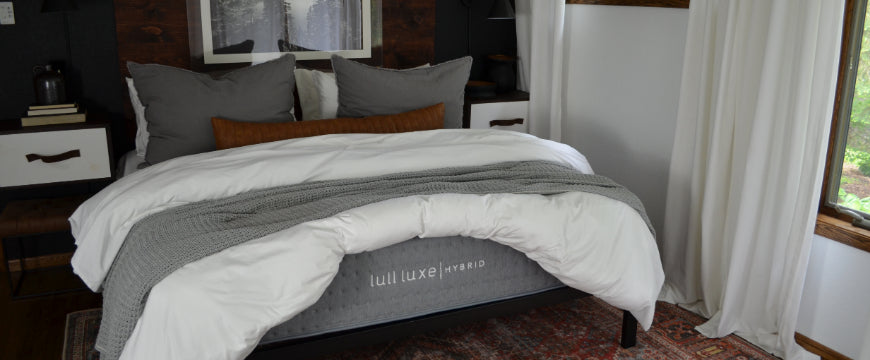
Winter is Coming...Ways Winter Can Affect Your Sleep
Winter is coming…along with decreased vitamin D levels, heat, sunlight, and time to buy those Christmas presents. But those and the amount of Christmas songs blaring at the grocery store aren’t the only things changing with the season, your ability to sleep does too.
Don’t worry, you can just sleep as much and wake up just as rejuvenated as before, but it might take some conscious effort for some of us who are pretty affected by the seasons.
Here are some ways that the advent of winter might affect your sleep and the steps you can take to stave off any sleep deprivation.